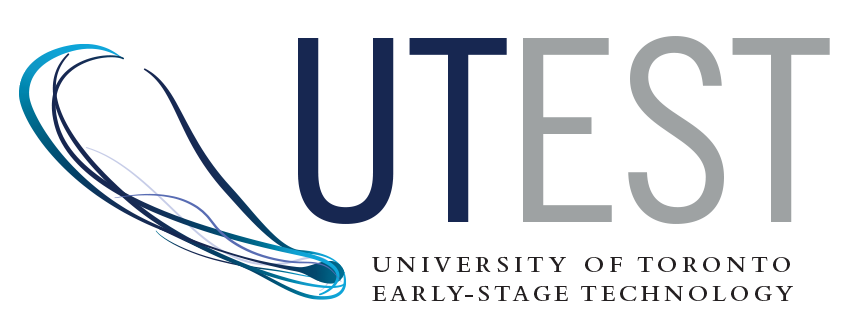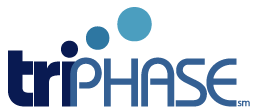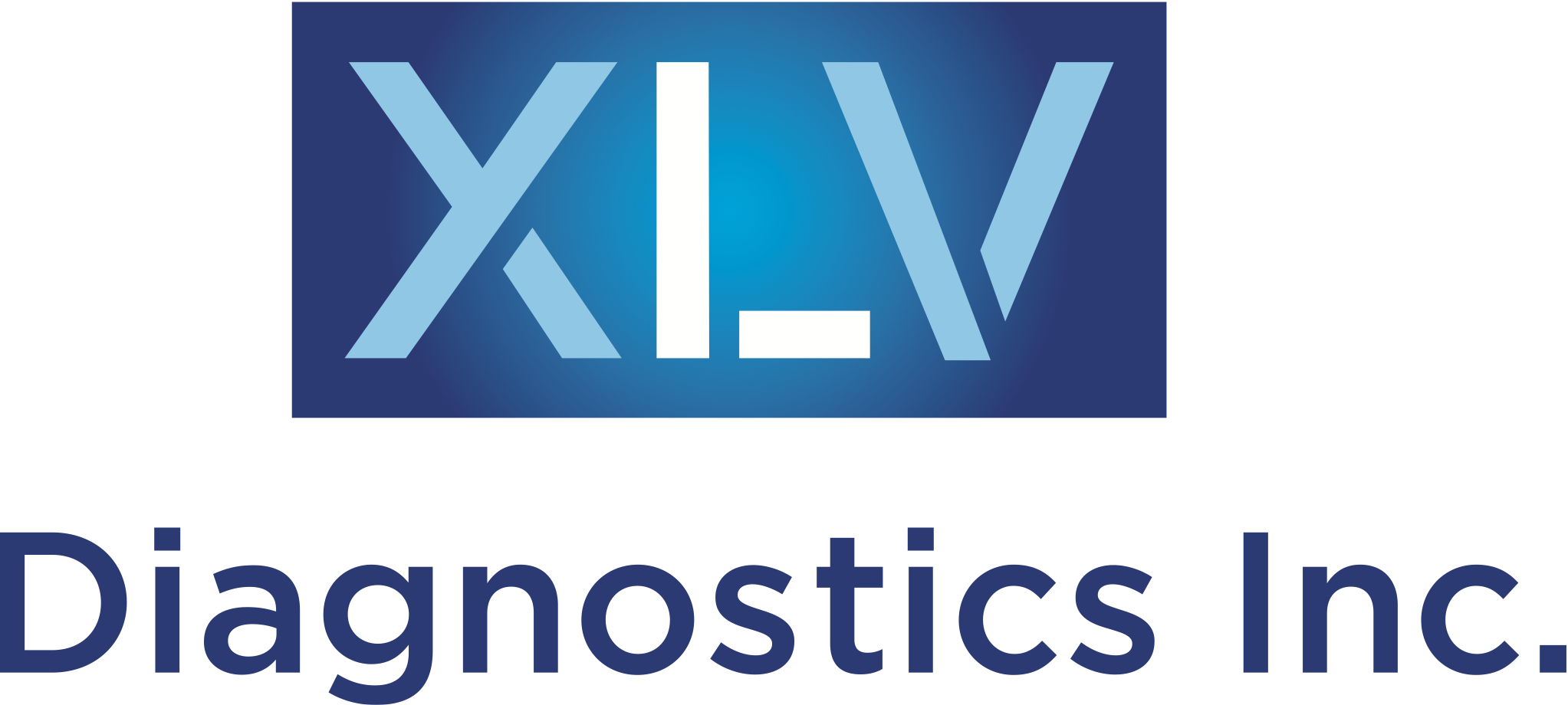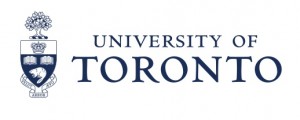How to get accepted into the UTEST start-up incubator: Drive and differentiation
UTEST is now accepting applications to Cohort 4
 Editor’s note: As of today, the University of Toronto Early-Stage Technology (UTEST) program, which MaRS Innovation co-directs with the University of Toronto, is accepting applications for Cohort 4. The full application is available on the UTEST website.
In meantime, it’s our pleasure to reprint Brianna Goldberg’s “day-in-the-life-of-an-entrepreneur” feature on Cohort 3 company Nvest, published for U of T News.
Editor’s note: As of today, the University of Toronto Early-Stage Technology (UTEST) program, which MaRS Innovation co-directs with the University of Toronto, is accepting applications for Cohort 4. The full application is available on the UTEST website.
In meantime, it’s our pleasure to reprint Brianna Goldberg’s “day-in-the-life-of-an-entrepreneur” feature on Cohort 3 company Nvest, published for U of T News.Jackie Yan focuses on tweaking his PowerPoint slide deck despite the chaos unfolding around him.

Near the entrance to the office space he shares with teams from the six other startups that are part of the UTEST accelerator program, a phone spits distorted tones of an investment-related conference call at Hanna Tomory, CEO of a fatigue-management start-up called Syncadian, as she scratches a list of notes.
A few steps down the hall, Marissa Wu, founder of the digital sports coaching wearable startup called Onyx Motion, goes over presentation notes with her co-founder Vivek Kesarwani. They discuss the finer points of athlete training with the intensity of so many layup drills performed on the basketball net propped against the wall of their desk space.
Across the table in the conference room where Yan is feverishly editing his slides, James McCrae pieces together 3D sculptures of horses, wasps and dinosaurs created with software from his start-up, FlatFab.
“We’re hoping to make more stable structures with our 1.0 design, maybe integrating finger-joints,” McCrae explains as he prepares to demo FlatFab’s wares for a video crew from the Privy Council Office in Ottawa, Ontario.
The videographers are producing a video about MaRS Innovation today, which co-directs the UTEST accelerator program with the University of Toronto, and are capturing b-roll of UTEST founders at work on their ventures. With seven companies currently sharing the working space, there’s always something happening.







